Biden Cancels Plans to Replenish America’s Emergency Oil Reserve
Under the guidance of the Biden Administration, the Department of Energy (DOE) canceled its plan to refill the nation’s “oil piggy bank” this fall due to a surge in the price of oil.
Unfortunately, the effects of lower reserves may weaken the US economy, meaning Americans will pay higher prices at the gas station and the grocery store.
America's Oil Reserves
According to the Department of Energy’s website, the United States has the world’s largest supply of emergency crude oil.

Source: Freepik
Known as the Strategic Petroleum Reserve, the rainy day fund, often called an “oil piggy bank,” was created in 1975 to avoid a crisis during times of short supply or economic disruption.
DOE Announce Plan to Purchase 3 Million Barrels of Oil
In March of this year, the DOE revealed it intends to purchase over 3 million barrels of oil for its emergency storage facility in Louisiana.
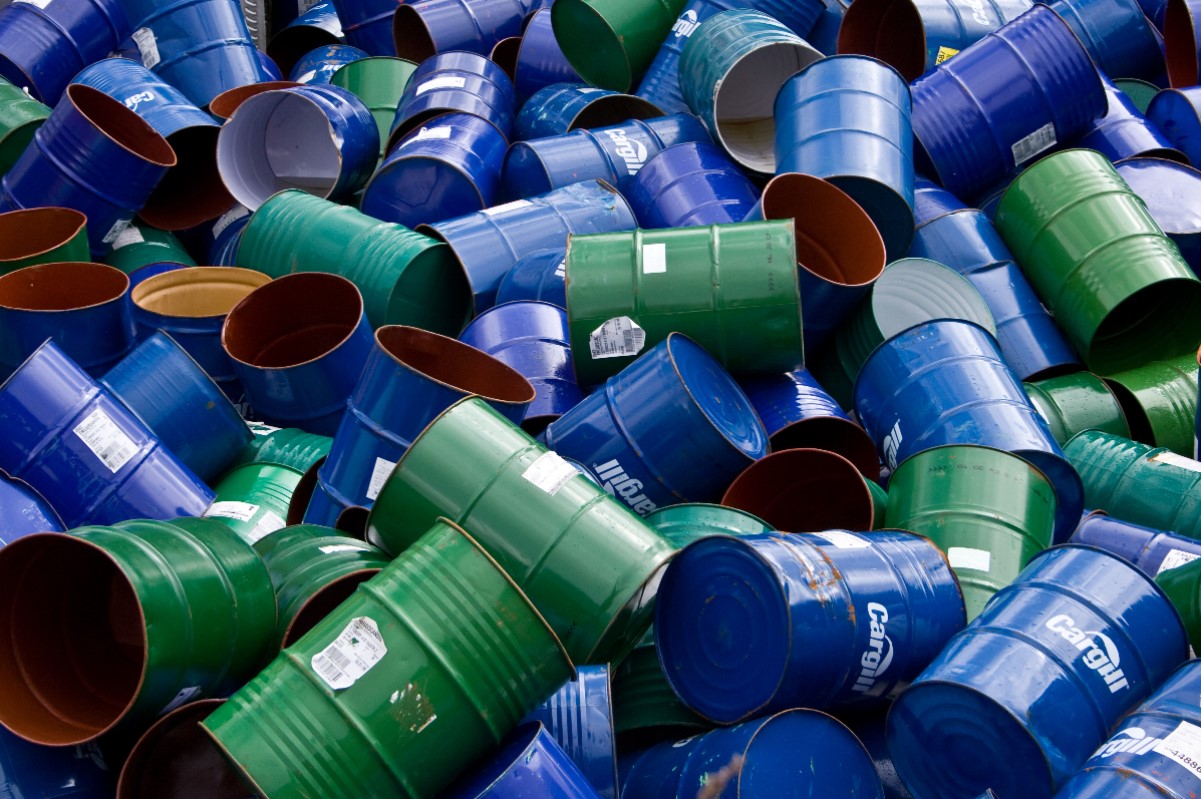
Source: Wikimedia
The government Bayou Choctaw site in the state is one of four major storage facilities for the Strategic Petroleum Reserve. Another facility is in West Hackberry, Louisiana, while the final two are in Texas.
Biden Administration Axes Plans to Refill SPR
Recently, the DOE and the Biden Administration abruptly decided to cancel their plans to refill the SPR amid rising prices.
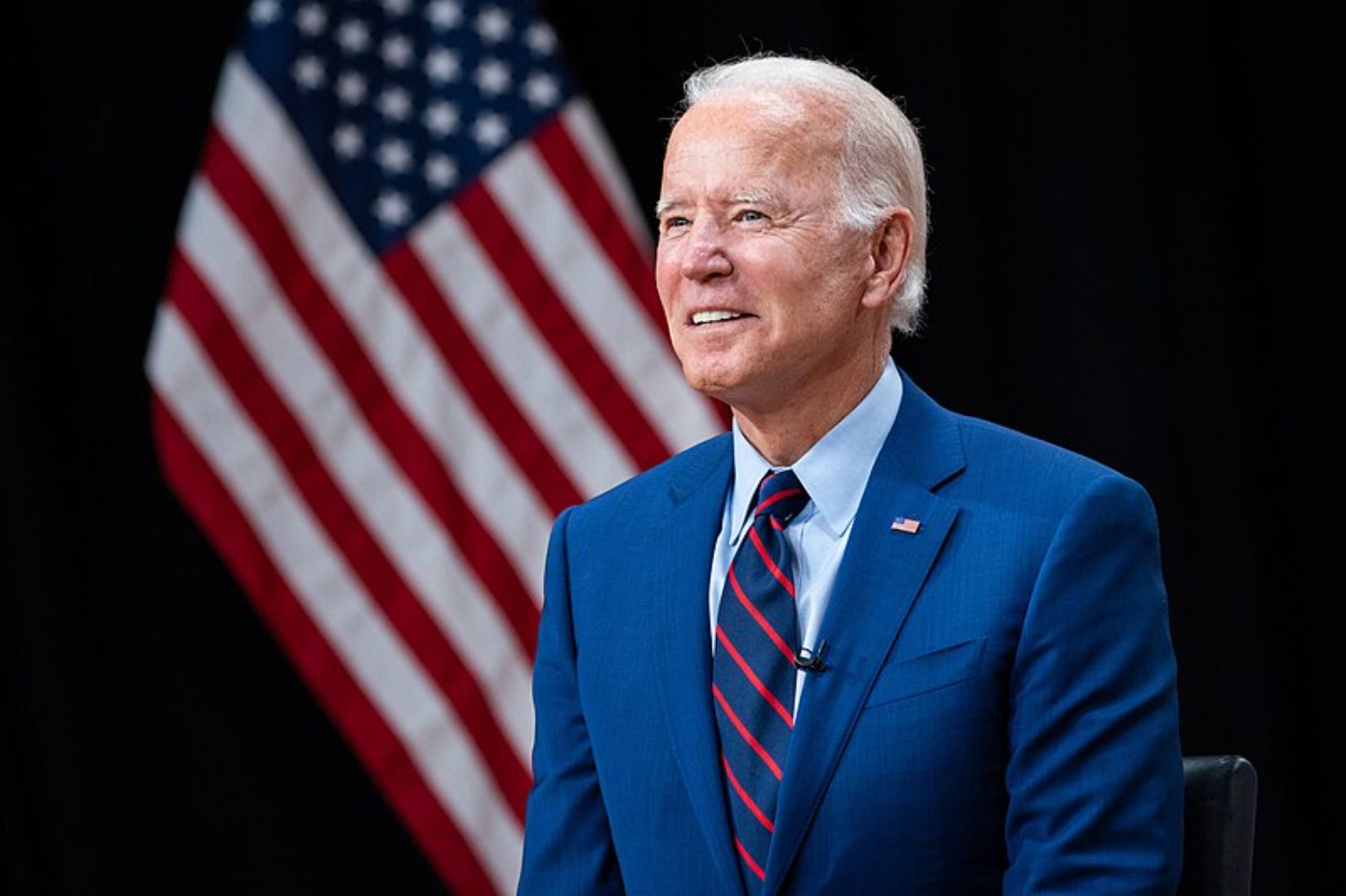
Source: Wikimedia
When the DOE initially revealed its plans, oil was priced at around $79 per barrel, according to Fox Business. However, by the end of April, this price had surged to nearly $86.
DOE Committed to Refilling the SPR
After announcing that it would cancel the plan, the DOE claims it is still committed to refilling the nation’s oil reserves.
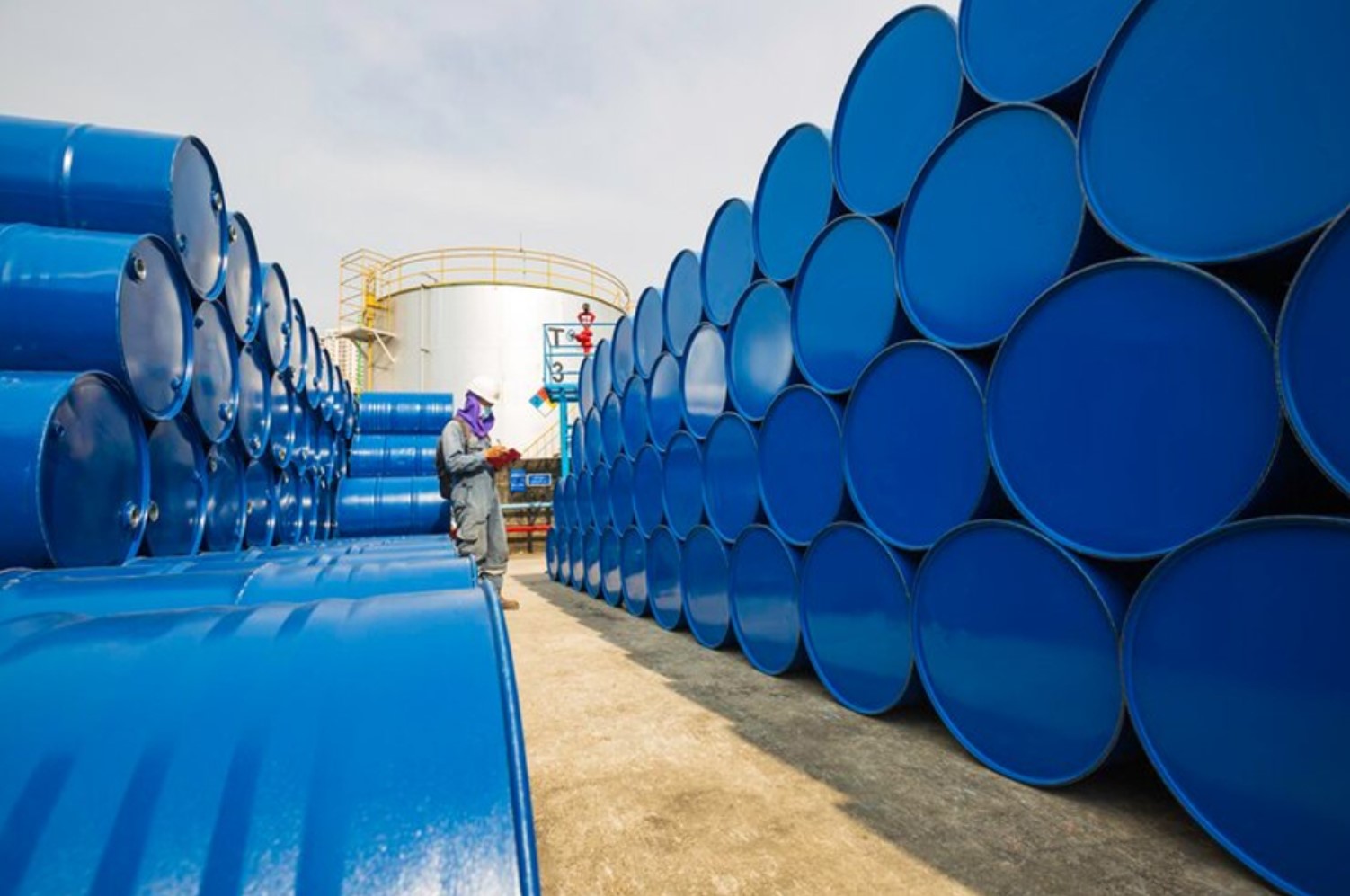
Source: Wikimedia
“Keeping the taxpayer’s interest at the forefront, we will not award for the Bayou Choctaw SPR site in August and September and will continue to solicit available capacity as market conditions allow,” said a DOE Spokesperson.
Refilling The Strategic Petroleum Reserve in the Near Future
The DOE revealed that it plans to continue closely monitoring the market and that, when the time is right, it will replenish the Strategic Petroleum Reserve.
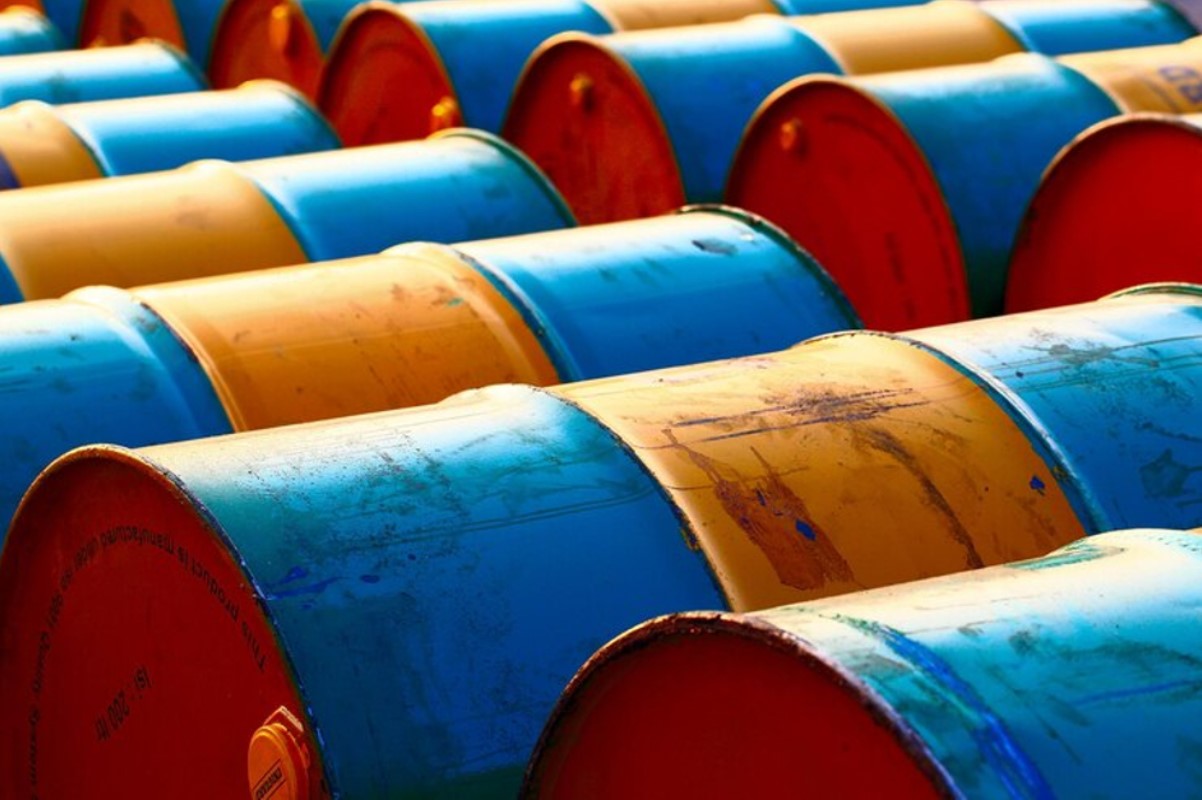
Source: Freepik
“As always, we monitor market dynamics to remain nimble and innovative in our successful replenishment approach to protect this critical national security asset.”
A Good Deal For American Taxpayers
The Biden Administration and the DOE aim to ensure the American people get the best deal, as taxpayer dollars fund the SPR.

Source: Freepik
According to the DOE spokesperson, the government will wait and ensure they deliver “a good deal for American taxpayers.”
Current Level of SPR
According to Energy Department Data, the SPR currently holds around 365 million barrels of oil.
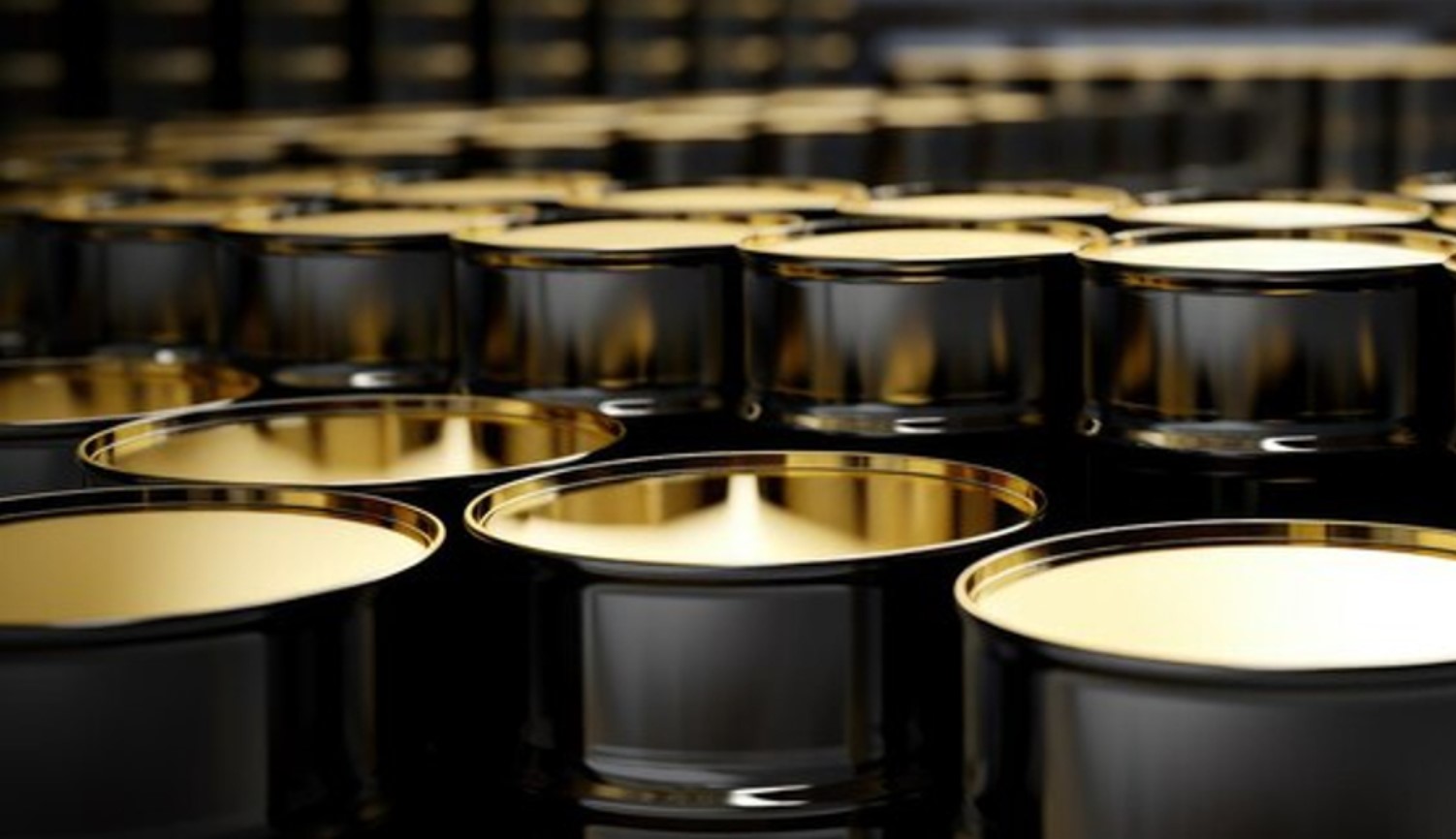
Source: Freepik
However, this is significantly lower than what was held in reserve two years ago, as reports suggest there were nearly 600 million barrels in 2022.
What Does This Mean For Americans?
Speaking with Bloomberg, Bob McNally, a former advisor to President George W. Bush and the current president and consultant at Rapidan Energy Group, claims crude oil prices will remain high for the rest of the year.

Source: Wikimedia
McNally states, “If pump prices keep rising, the Biden administration will shift gears and reconsider SPR releases, though we currently do not think they are imminent.”
Low Oil Reserves Could Place the US at Risk
Critics have voiced concern over the decision, claiming the now depleted oil reserves could place the US at risk should a crisis unfold.
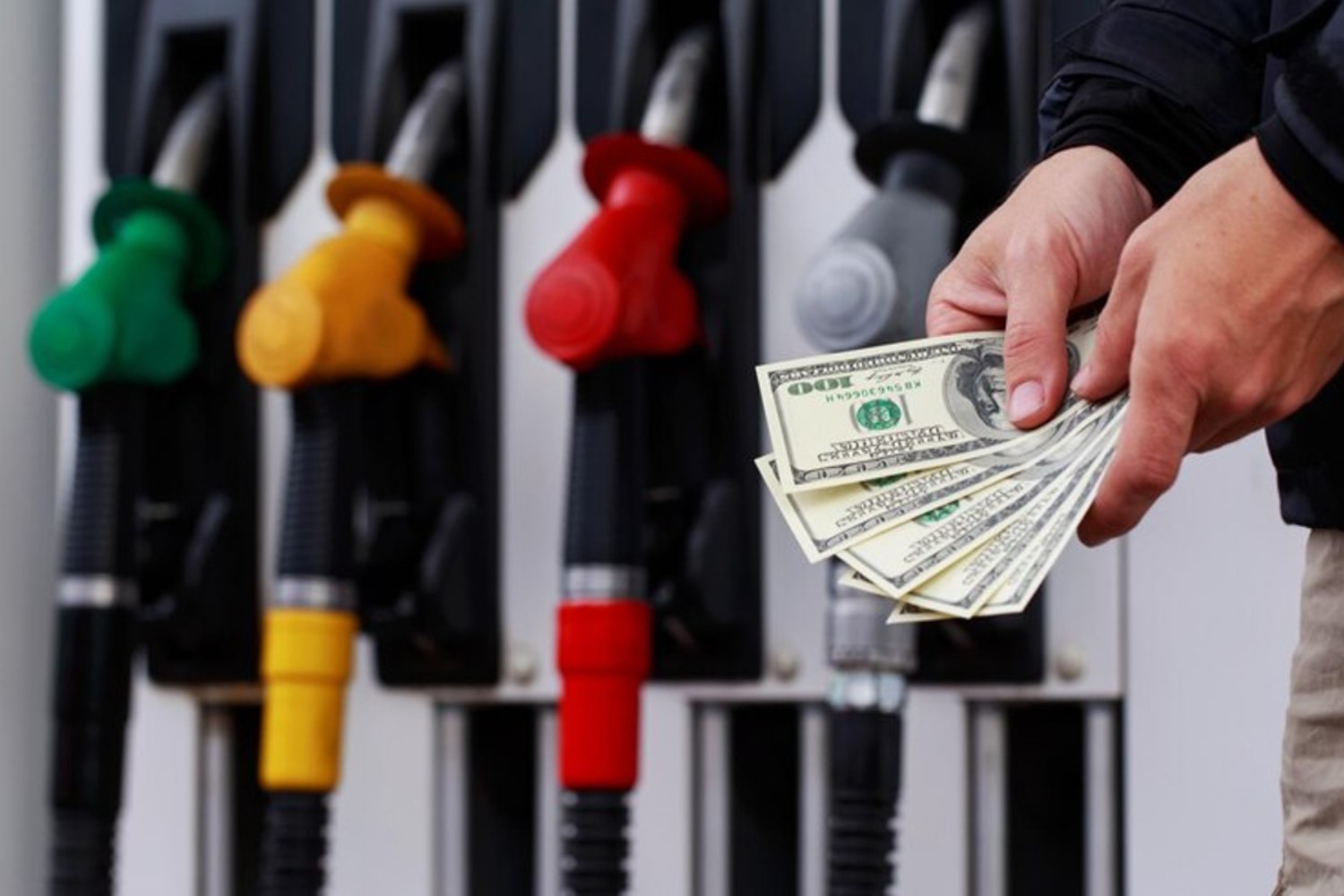
Source: Freepik
However, speaking of the day-to-day effects, it also means that the inflated prices Americans are currently paying for their gas might remain high for the foreseeable future.
Exec Calls Biden Administration's Decision Insane
Daniel Turner, founder and executive director of the energy advocacy organization Power The Future, shared a statement on the news.
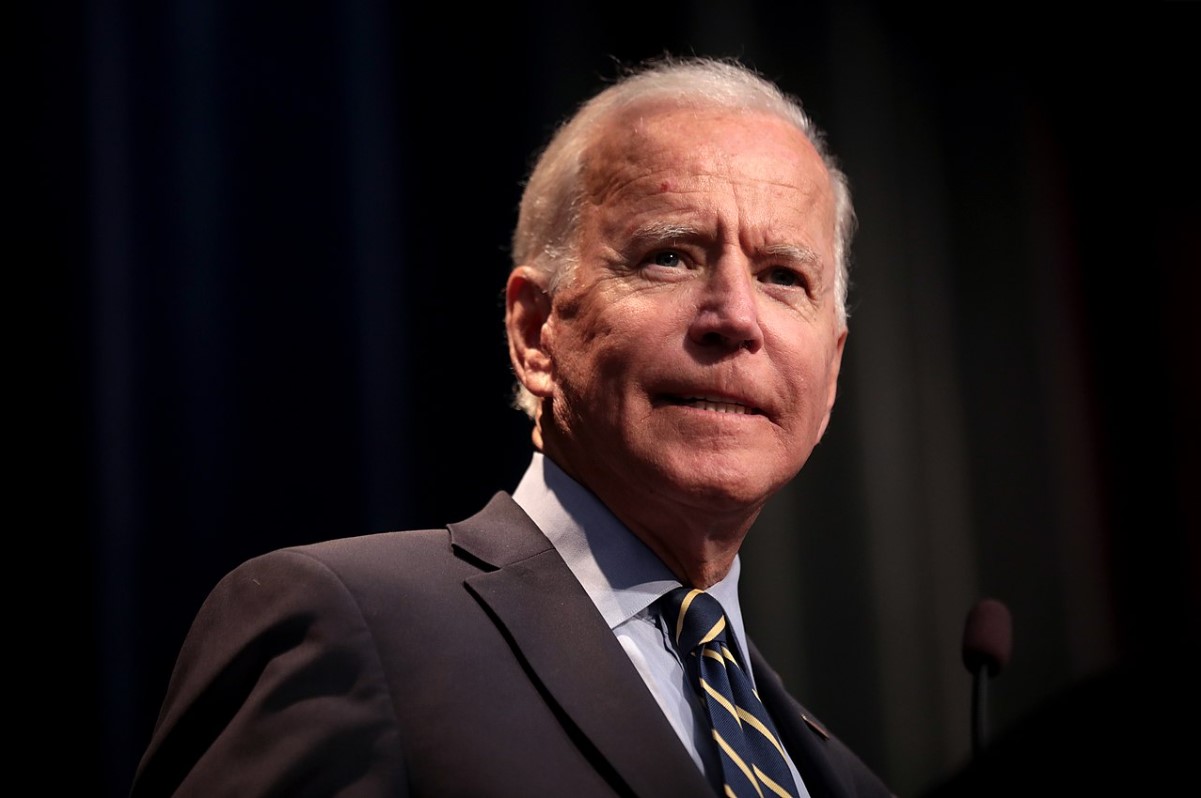
Source: Wikimedia
“It’s pure insanity to watch the Biden administration cut American oil production and then claim they can’t refill our critical reserves because of the price,” he said.
Americans Will Pay More For Gas and Groceries
According to Turner, the effects of lower reserves, unfortunately, mean that Americans will be subject to higher prices at both gas stations and grocery stores.

Source: Wikimedia
“As a result, Americans are paying more at the pump, more at the grocery store, and our SPR is less full during a time of rising turmoil in the Middle East.”
